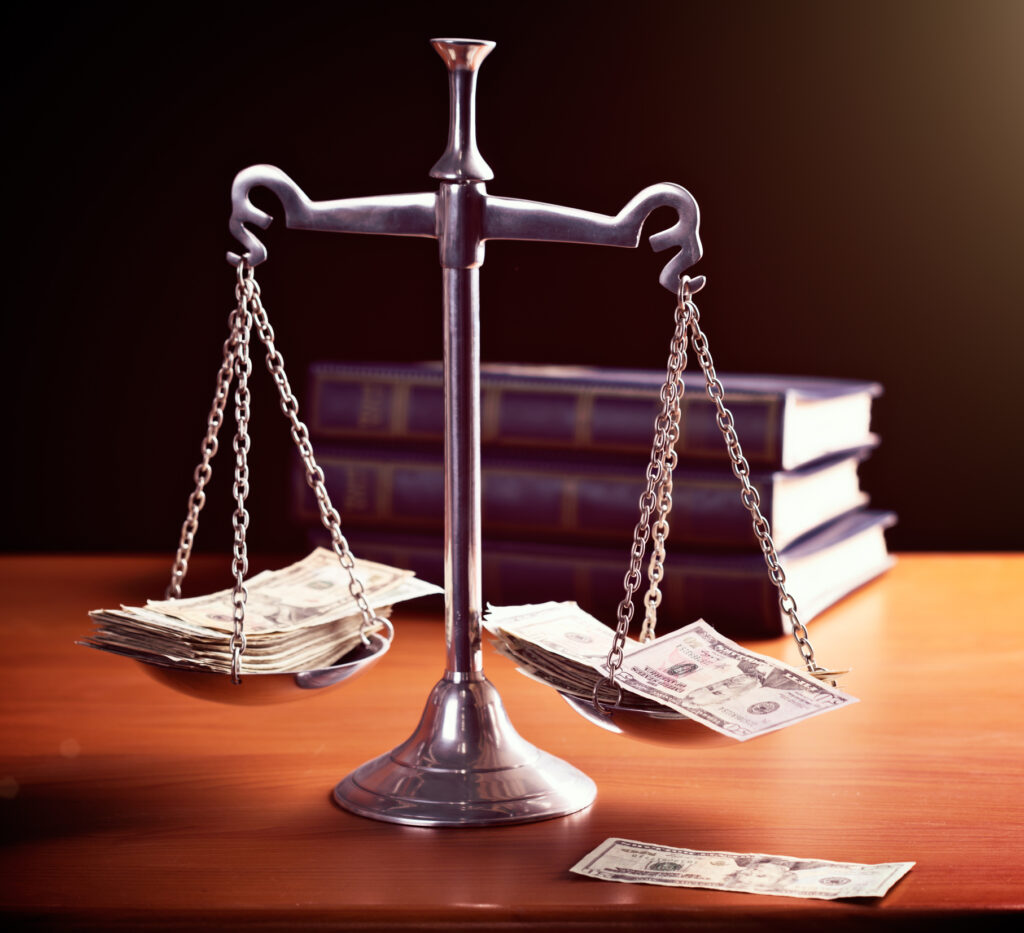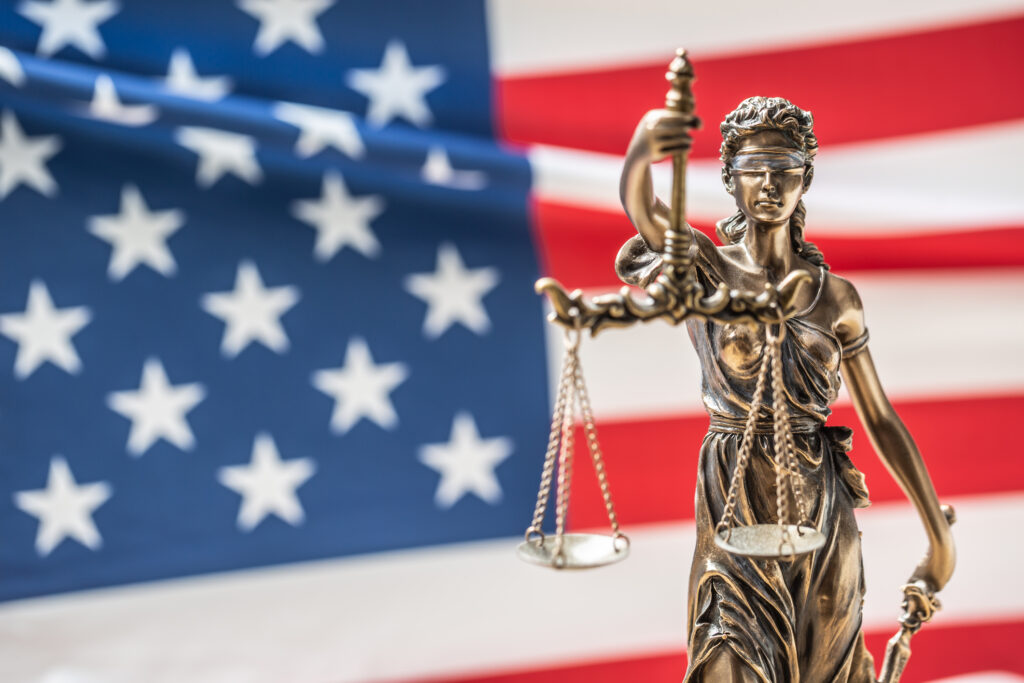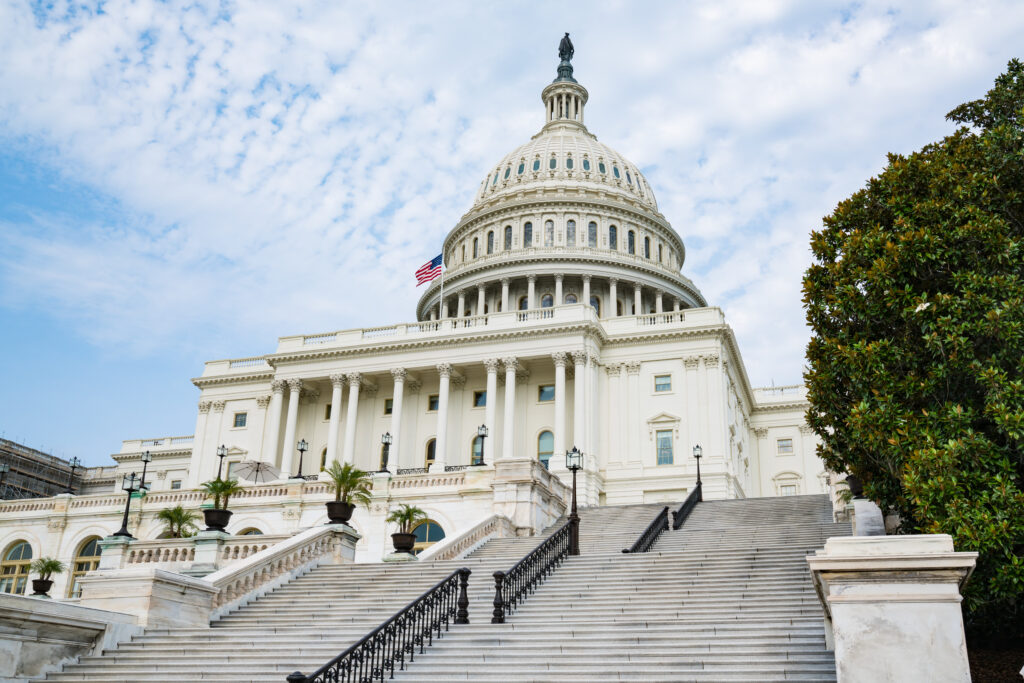When it comes to the judicial system, evidence presented in court must be reliable and relevant. That’s where the rules around expert testimony come into play. Federal Rule of Evidence 702 sets the standards for admitting expert testimony in court to safeguard the judicial process by ensuring its relevance and reliability.
Key Changes in the Federal 702 Amendment
Significant amendments to this rule took effect on December 1, 2023. These changes are important in refining how expert testimonies are evaluated and admitted in courtrooms across the U.S.
The updated rule makes it clear that the party presenting the expert testimony must prove that it’s admissible by a “preponderance of the evidence” before it can be shown to a juror. This means they must show that the testimony is based on enough facts and reliable methods. The expert can’t also claim to be confident in their opinion unless they have solid data and procedures to back it up. This change is meant to stop speculative or unsupported expert opinions from confusing or misleading the jury.
Why States Need to Update Their Rules
Different states handle expert testimony differently, which can lead to inconsistent results and diminish public trust in the U.S. legal system. Some state courts don’t have strict rules for checking the dependability of expert opinions, which means unreliable “experts” can sometimes sneak through.
To fix this, it’s important for states to update their rules to match the new Federal Rule 702. By adopting similar standards, states can ensure that only reliable, scientifically sound expert testimony is used to inform jury decisions. This would make court proceedings more consistent and fairer, and it would strengthen the credibility of the courts.
States Moving Towards Better Standards
Several states – including Arizona, Kentucky, Louisiana, Michigan, and Ohio – have adopted or are working on similar reforms to ensure the reliability of expert testimony in their courtrooms.
This trend shows that there’s a growing understanding of the need for consistent standards across both federal and state courts. By aligning their rules with the federal rule, states aim to enhance the role of judges in making sure that only expert testimonies that meet strict scientific standards can inform the jury.
Moving towards uniformity promotes fairness in legal proceedings and strengthens the credibility of the justice system by preventing unreliable and speculative expert opinions. As more states consider and implement these reforms, the integrity of judicial processes is expected to improve significantly, leading to fairer outcomes in court cases.



